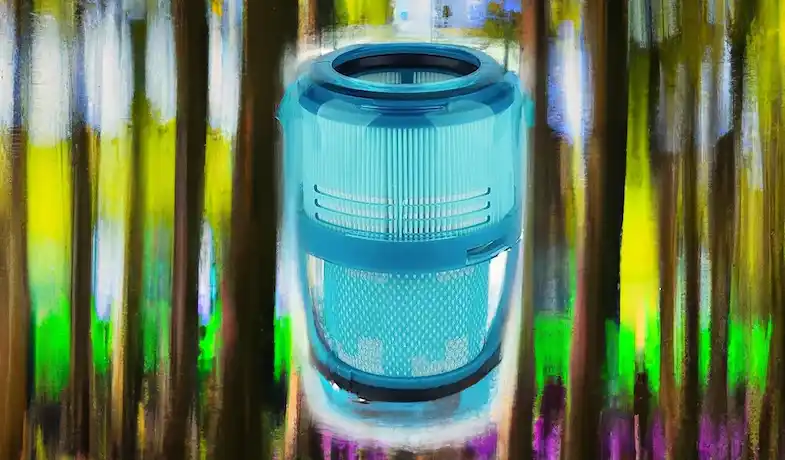HEPA Filters - How to Identify Genuine HEPA Filters for Optimal Air Quality

What is a HEPA Filter?
HEPA stands for High Efficiency Particulate Air and it refers to a type of air filter that is designed to remove very small particles from the air. The filter is made of a dense, fibrous material that traps particles as air is forced through it.
There are several positive aspects of having a HEPA filter in your vacuum:
- Improved air quality: HEPA filters are extremely effective at removing particles such as dust, pet dander, pollen, and mold spores from the air. This can lead to improved air quality, especially for people with allergies or respiratory conditions.
- Enhanced cleaning: A HEPA filter in a vacuum can trap particles that other filters might miss, making the vacuum more effective at removing dirt, dust, and other debris from carpets and other surfaces.
- Allergen reduction: For people who are sensitive to allergens, a vacuum with a HEPA filter can help to reduce the number of allergens in the home, leading to improved respiratory health.
- Longer lifespan of the vacuum: A HEPA filter can also help to extend the life of the vacuum by trapping particles that might otherwise clog the vacuum’s motor or damage its other components.
Having a HEPA filter in a vacuum can help to improve air quality, enhance cleaning, reduce allergens, and extend the life of the vacuum. For these reasons, always try and look for a HEPA filter when making vacuum purchase decisions.
How do I know if it’s a HEPA Filter - what to look for
There are several ways to determine if a HEPA filter is real. By following these steps, you can increase the likelihood of purchasing a real HEPA filter:
1. Check the certification
A real HEPA filter should be certified by a reputable organization, such as the International Association of Air Cleaner Manufacturers (IAACM) or the European Committee for Standardization (CEN). Look for a seal of certification or a label indicating the filter has been tested and certified.
2. Look at the efficiency rating
A true HEPA filter should have an efficiency rating of 99.97% or higher. This means it can remove at least 99.97% of particles that are 0.3 microns in size.
3. Examine the filter itself
The filter media in a real HEPA filter should be made of a dense, fibrous material that is capable of trapping small particles. If the material is sparse or porous, it is unlikely to be a genuine HEPA filter.
4. Ask for test results
Many manufacturers will have test results available that show the efficiency of their HEPA filters. Ask to see these results or request them from the manufacturer.
5. Price
High-quality HEPA filters can be expensive, so be cautious of filters that are significantly cheaper than others. If the price seems too good to be true, it may indicate that the filter is not a genuine HEPA filter. By following these steps, you can increase the likelihood of purchasing a real HEPA filter.